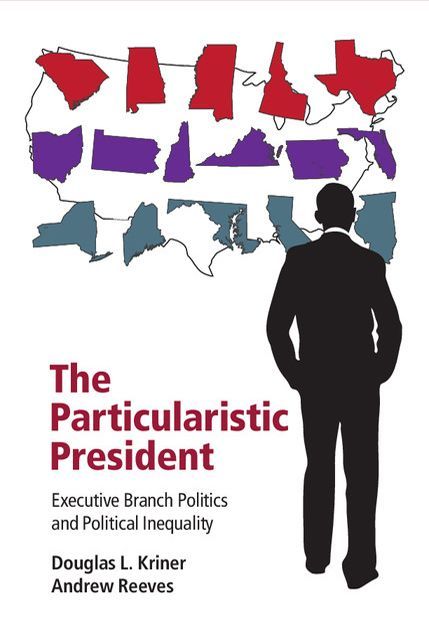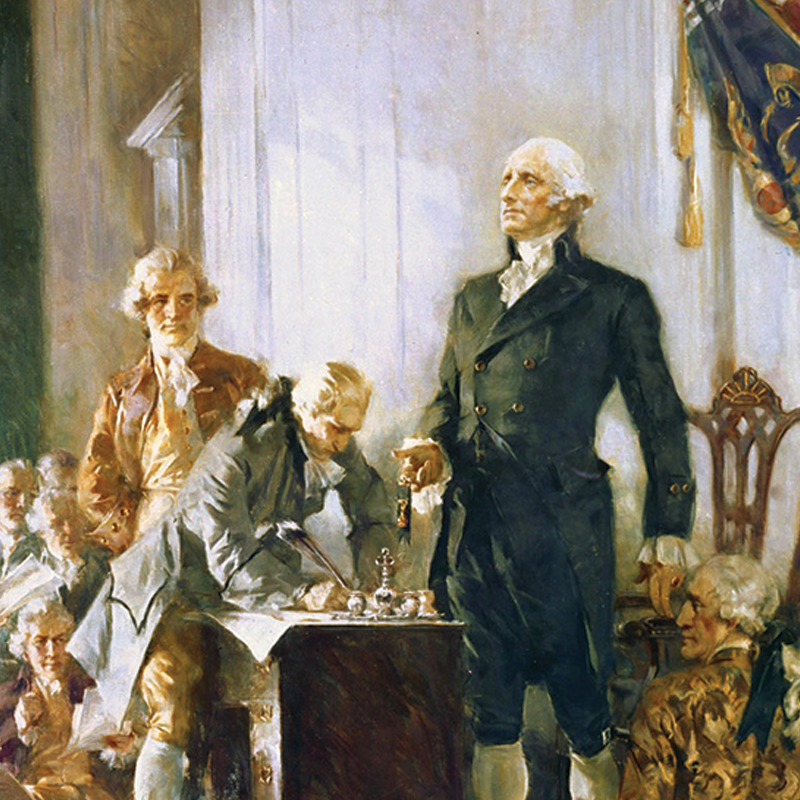https://polisci.wustl.edu/xml/faculty_staff/13028/rss.xml
Professor Reeves' research examines the interchange between institutions and behavior with a focus on political accountability in the United States.
Reeves' work has appeared in the American Political Science Review, the American Journal of Political Science, and the Journal of Politics, among other outlets. He received his PhD from the Department of Government at Harvard where he was an associate of the Institute for Quantitative Social Science. His book, The Particularistic President: Executive Branch Politics and Political Inequality with Douglas Kriner (Cambridge University Press) was the winner of the 2016 Richard E. Neustadt Award.

No Blank Check: The Origins and Consequences of Public Antipathy towards Presidential Power
By Andrew Reeves
Concerns about unaccountable executive power have featured recurrently in political debates from the American founding to today. For many, presidents’ use of unilateral power threatens American democracy. No Blank Check advances a new perspective: Instead of finding Americans apathetic towards how presidents exercise power, it shows the public is deeply concerned with core democratic values. Drawing on data from original surveys, innovative experiments, historical polls, and contexts outside the United States, the book highlights Americans’ skepticism towards presidential power. This skepticism results in a public that punishes unilaterally minded presidents and the policies they pursue. By departing from existing theories of presidential power which acknowledge only institutional constraints, this timely and revealing book demonstrates the public’s capacity to tame the unilateral impulses of even the most ambitious presidents. Ultimately, when it comes to exercising power, the public does not hand the president a blank check.

The Particularistic President
By Andrew Reeves
As the holders of the only office elected by the entire nation, presidents have long claimed to be sole stewards of the interests of all Americans. Scholars have largely agreed, positing the president as an important counterbalance to the parochial impulses of members of Congress. This supposed fact is often invoked in arguments for concentrating greater power in the executive branch. Douglas L. Kriner and Andrew Reeves challenge this notion and, through an examination of a diverse range of policies from disaster declarations, to base closings, to the allocation of federal spending, show that presidents, like members of Congress, are particularistic. Presidents routinely pursue policies that allocate federal resources in a way that disproportionately benefits their more narrow partisan and electoral constituencies. Though presidents publicly don the mantle of a national representative, in reality they are particularistic politicians who prioritize the needs of certain constituents over others.








